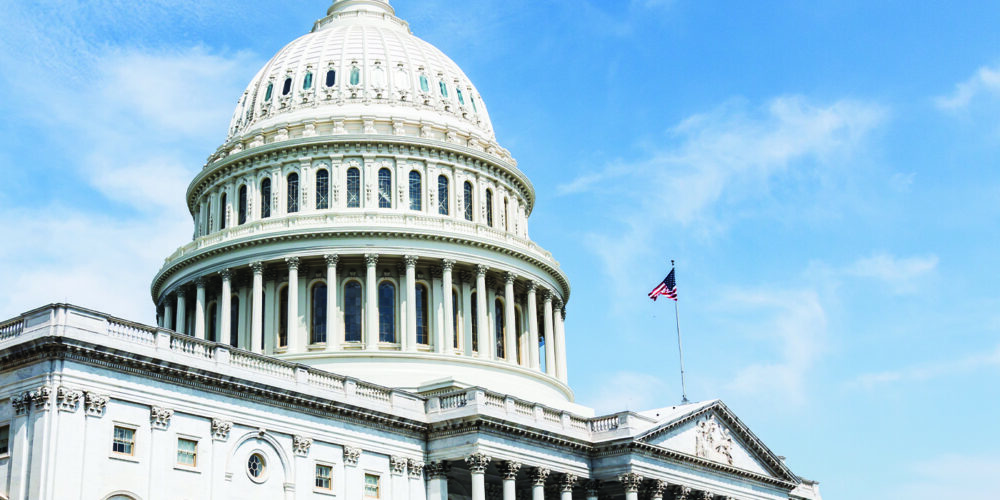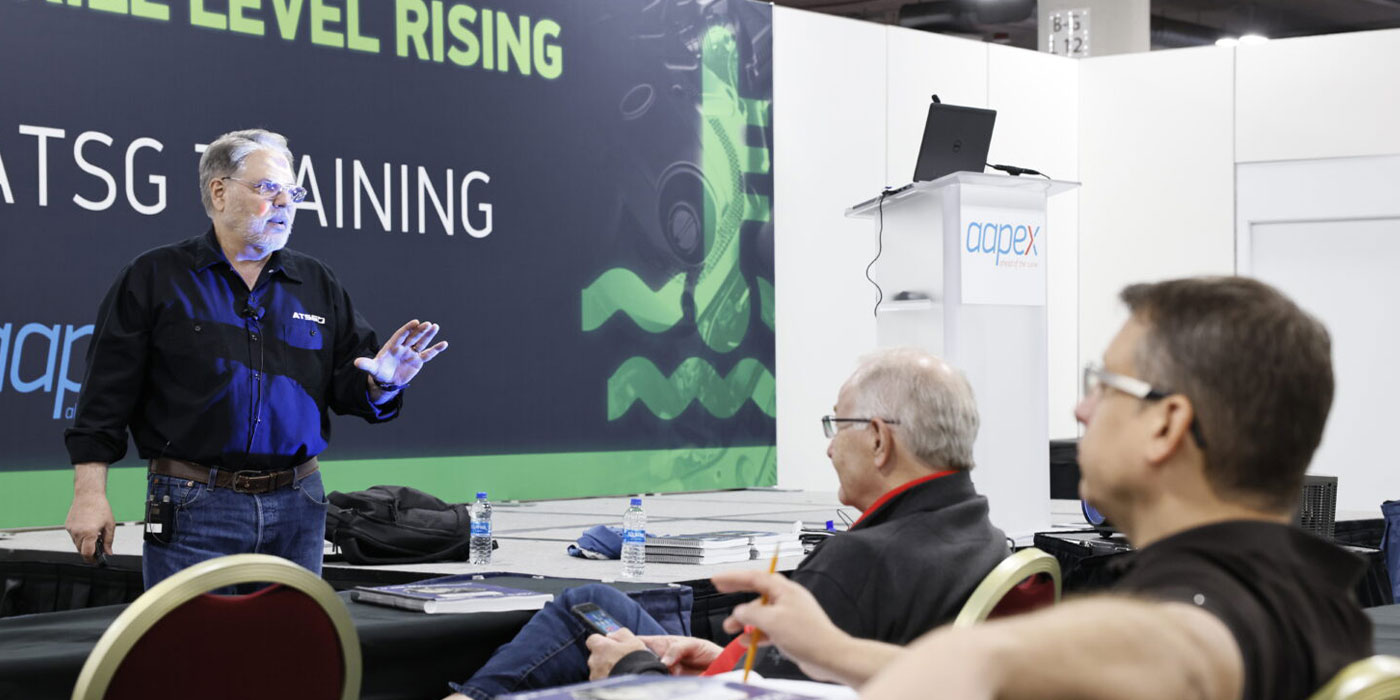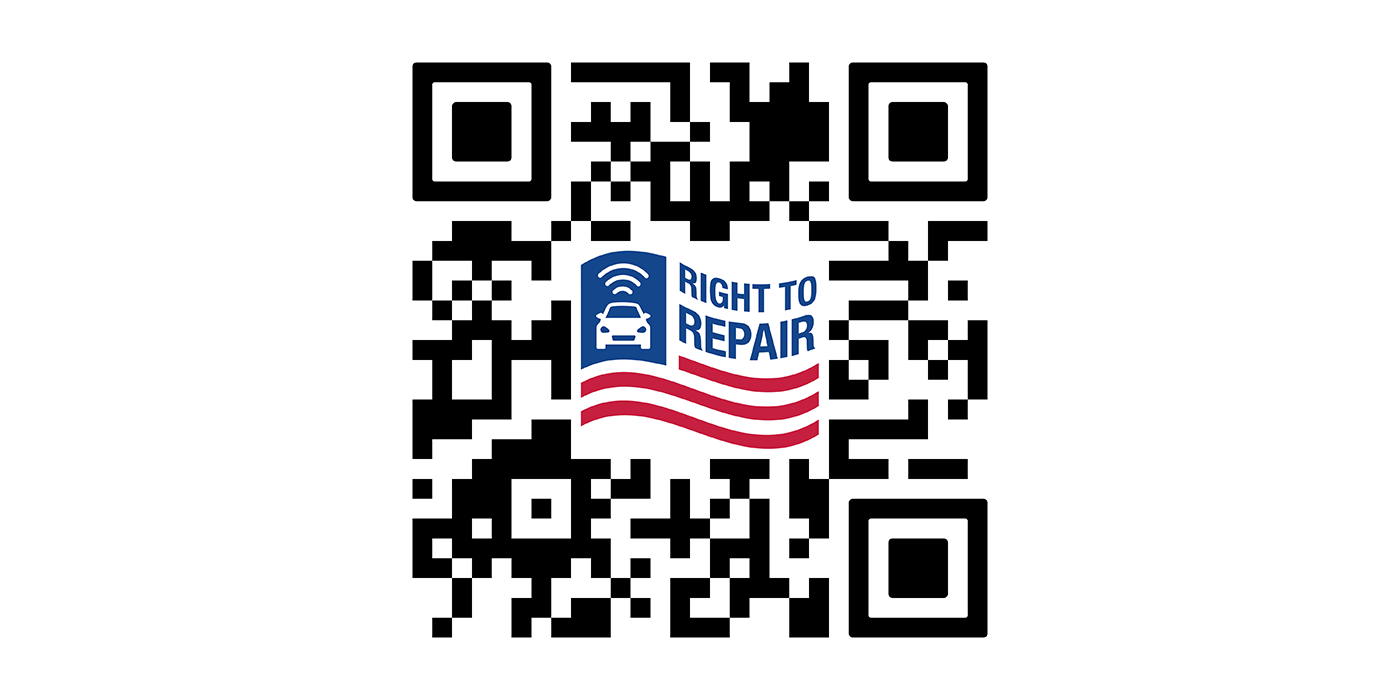The news of John Deere signing a memorandum of understanding (MOU) allowing farmers to repair their own equipment continues the momentum of the Right to Repair movement globally. While this MOU signals positive change, the automotive and heavy-duty commercial industries are still awaiting a solution to repair challenges presented by today’s more technologically advanced vehicles.
The Auto Care Association consistently has encouraged collaboration with the automotive and heavy-duty commercial manufacturers through a binding and enforceable voluntary agreement to assure that consumers and commercial vehicle owners have the right to choose where to have their cars and commercial vehicles maintained and repaired. Auto Care supports the work of the American Farm Bureau Federation (AFBF) and John Deere to further right to repair efforts in the agricultural sector.
Unfortunately, the existing automotive and commercial vehicle right to repair MOUs, upon which the AFBF MOU is based, have not met the needs of the aftermarket. Some of the flaws include a lack of a binding enforcement mechanism, a right to exit the MOU without penalty, the fact that manufacturer participation is voluntary, and the fact that the MOU does not address direct access to vehicle telematics (wirelessly generated and transmitted) data. Absent a willingness to modify the existing MOUs to address these deficiencies, Auto Care will continue to push for state and federal legislation to protect consumers’ and commercial owners’ rights.
On the state level, we still await a decision in the pending federal lawsuit. After voters overwhelmingly supported a ballot initiative 75-25 that would provide car owners with access to their mechanical data and would permit owners to share that data with the repair shop of their choice, the law has yet to be enforced.
Vehicle manufacturers, who profit off selling vehicle data and restricting independent repair shop access spent millions of dollars to scare Massachusetts voters into opposing this measure and urged federal lawmakers to preempt this state ballot measure without any federal standards in place that will ensure that owners have transparency and control of data generated by their motor vehicles. The automakers filed a lawsuit to overturn the voter approved law, the case went to trial in the summer of 2021, and has yet to be resolved.
On the federal level, the Auto Care Association alongside partners MEMA Aftermarket, CAR Coalition and SEMA are reintroducing the REPAIR Act in early 2023. The REPAIR Act would preserve consumer and commercial vehicle access to high quality and affordable vehicle repair by ensuring that as vehicles continue to modernize, vehicle owners and their repairer of choice have equal access to repair and maintenance tools and data nationwide.
The REPAIR Act has four important principles:
- Prevents vehicle manufacturers from employing barriers to repair and maintenance;
- Requires vehicle owners and their designees get direct access to vehicle generated data;
- Prohibits mandating particular brands, tools and equipment; and,
- Establishes a stakeholder advisory committee to examine emerging barriers to repair and maintenance.
The Auto Care Association will continue to update the industry as developments continue. For questions, email Lisa Foshee, Auto Care Association SVP, Government Affairs and General Counsel at [email protected].












